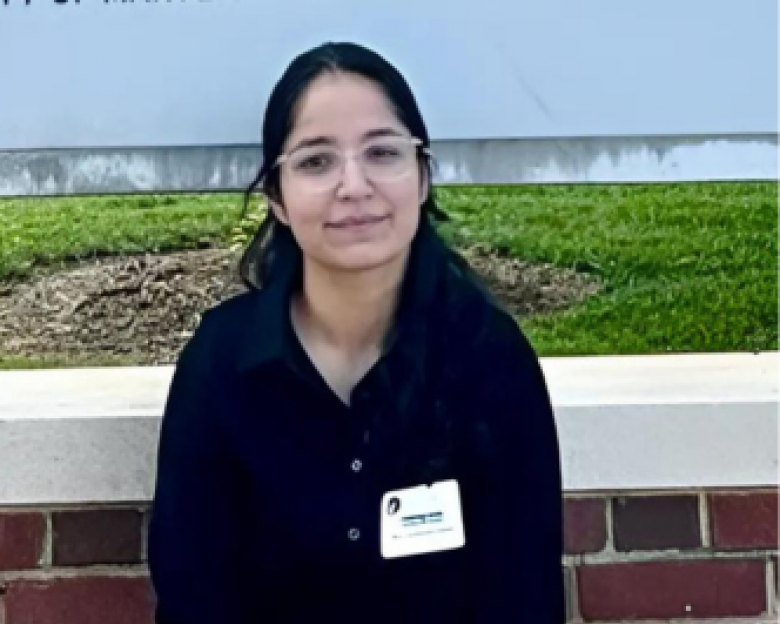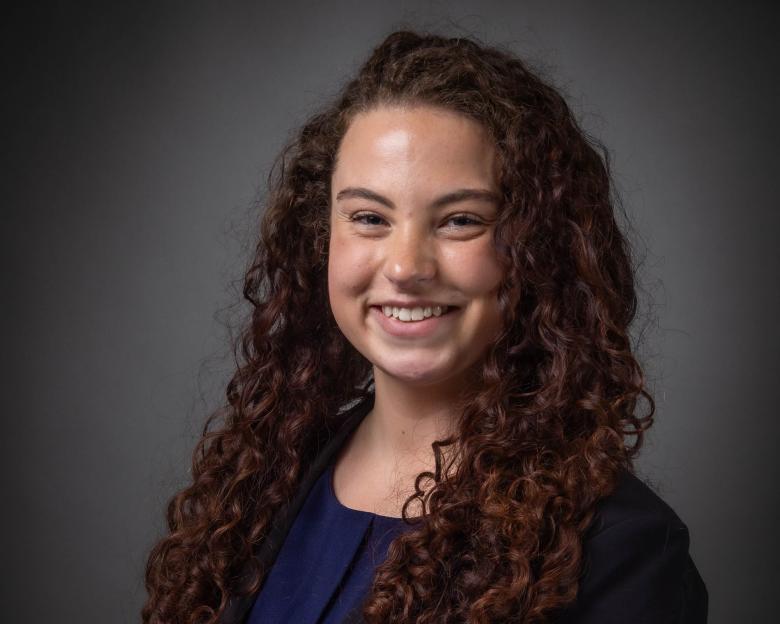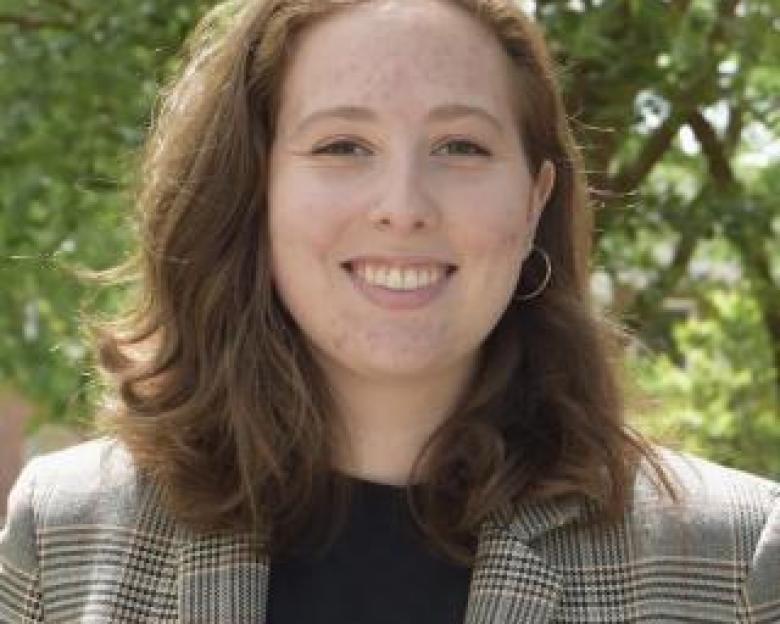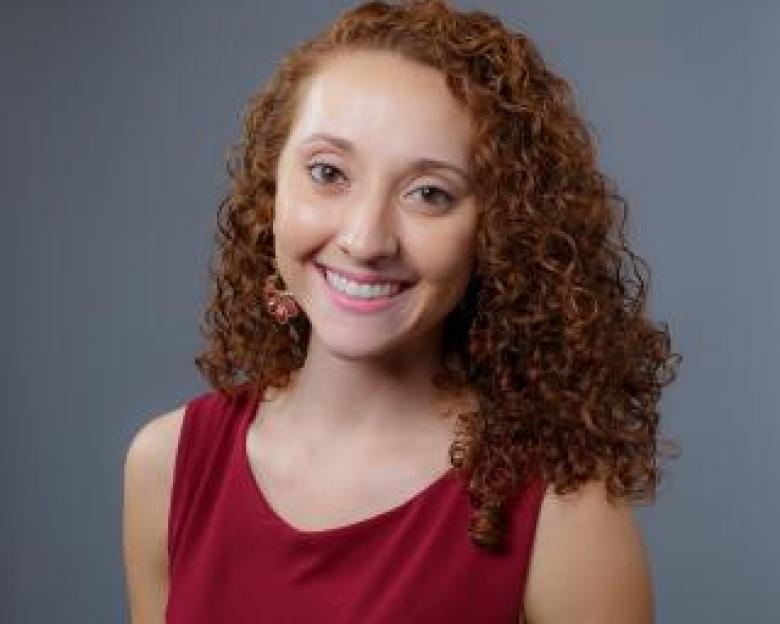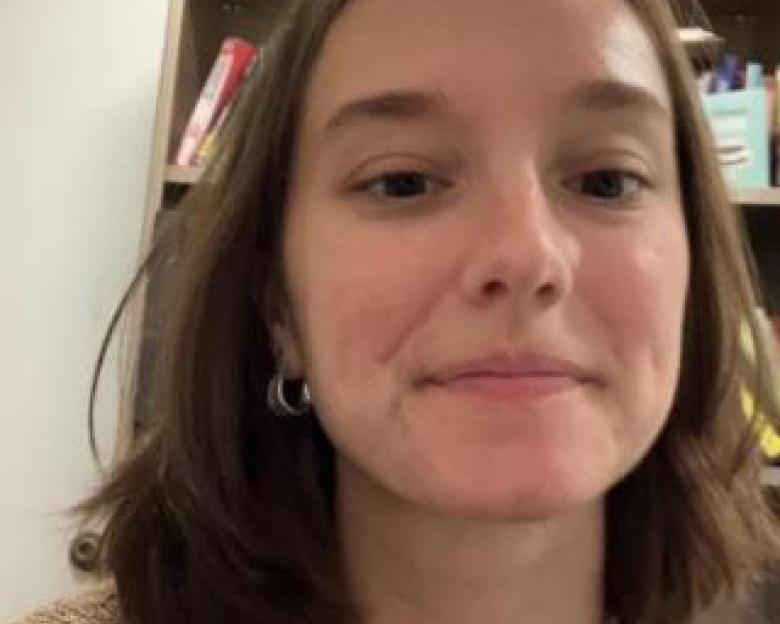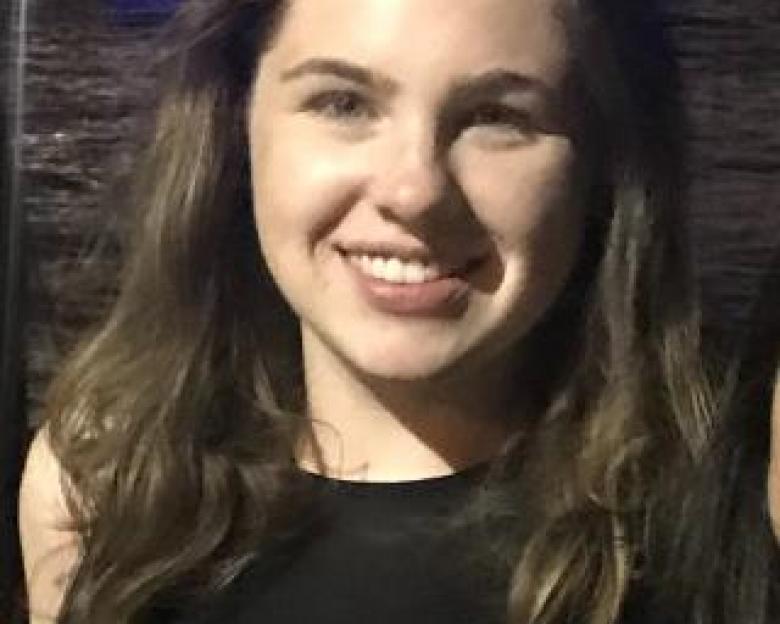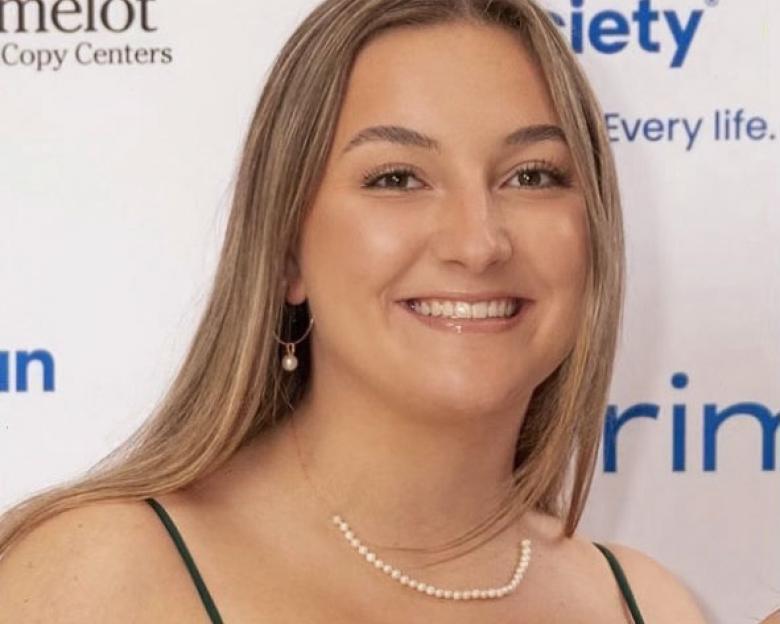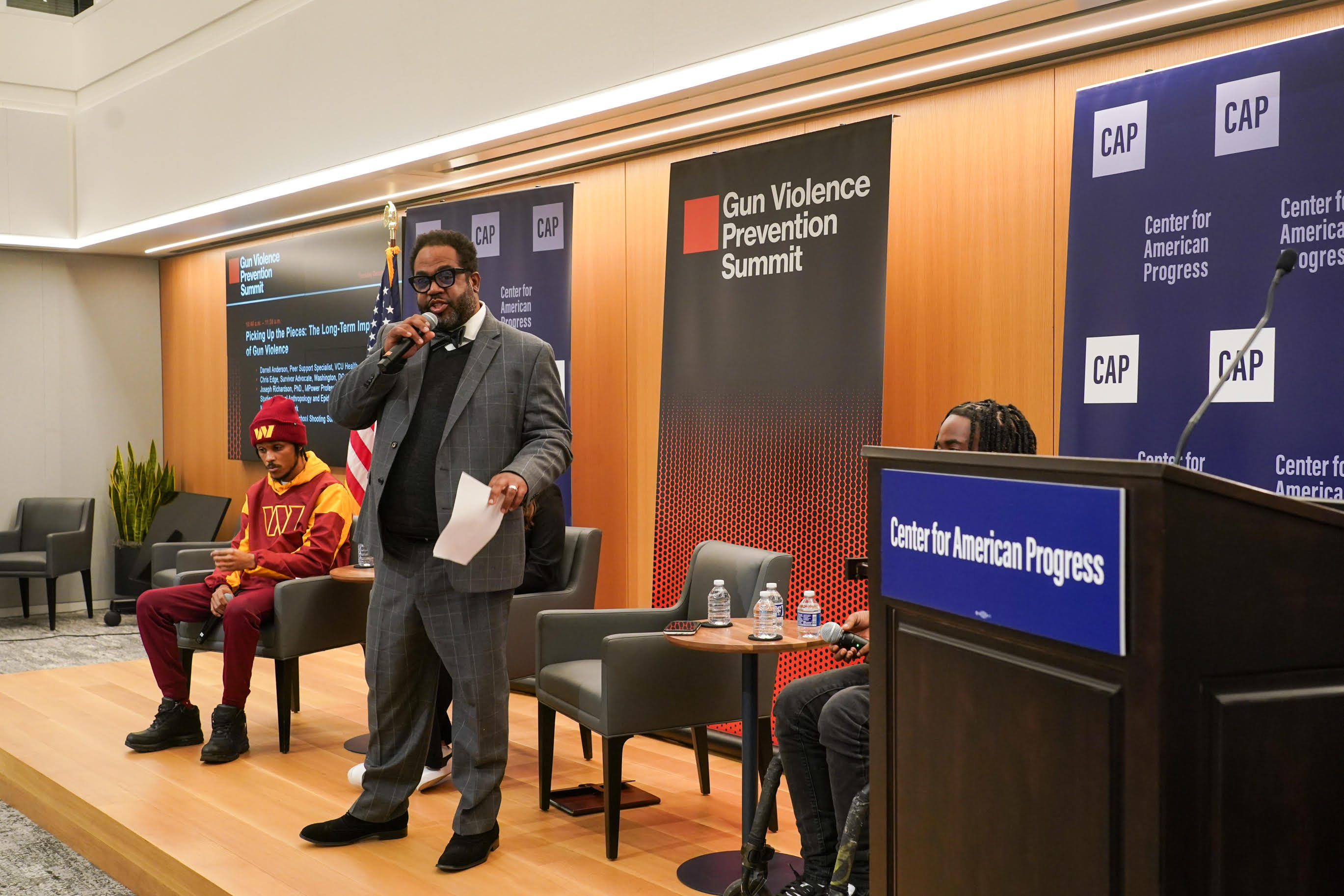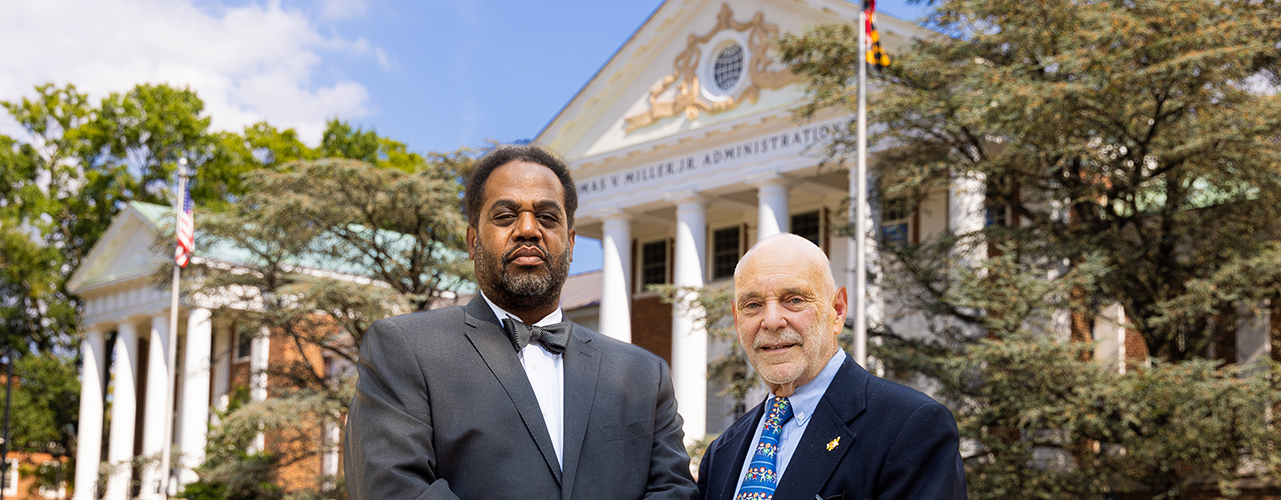Pritesh received his Bachelor of Technology in Civil Engineering from the National Institute of Technology, Bhopal, India, his MBA in Global Management from S.P. Jain Institute of Management and Research, Mumbai, India, and his MS in Supply Chain Management from the University of Maryland. During his tenure as a Supply Chain Analyst at Maruti Suzuki India Limited, Pritesh led several high-impact projects focused on inventory management, supply chain analytics, and process improvement, significantly enhancing operational efficiencies.
After completing his MS, Pritesh further honed his analytical skills as a Business Operations Analyst at Vanguard Supply Chain Solutions and Cordis, where he played a crucial role in optimizing business operations through data-driven strategies. His expertise in data analysis and visualization led him to join the Governor's Office of Crime Prevention, Youth, and Victim Services in Maryland. As a Data Analyst, Pritesh was instrumental in developing key performance indicators for various grants and provided critical insights into crime statistics and trends.
Currently, Pritesh serves as a Faculty Assistant at the Maryland Crime Research and Innovation Center (MCRIC) at the University of Maryland, under the mentorship of Dr. Bianca Bersani and Prof. Shuvra. In this role, he applies his extensive background in data analysis and machine learning to conduct cutting-edge research and develop evidence-based strategies to enhance public safety and crime prevention policies. Pritesh's work is pivotal in informing policy decisions aimed at making Maryland's communities safer.
CV and LinkedIn
Areas of Interest
- Data Analysis and Database Management
- Data Visualization
- Project Management and Supply Chain Management
- Artificial Intelligence and Machine Learning
- Quantitative Methods
Degrees
- B.Tech, Civil Engineering, National Institute of Technology, Bhopal (2018)
- MBA, Global Management, S.P. Jain Institute of Management and Research (2022)
- MS, Supply Chain Management, University of Maryland (2023)
Awards
Terrapin Scholarship (2022)
Do Good Fellowship (2023)








